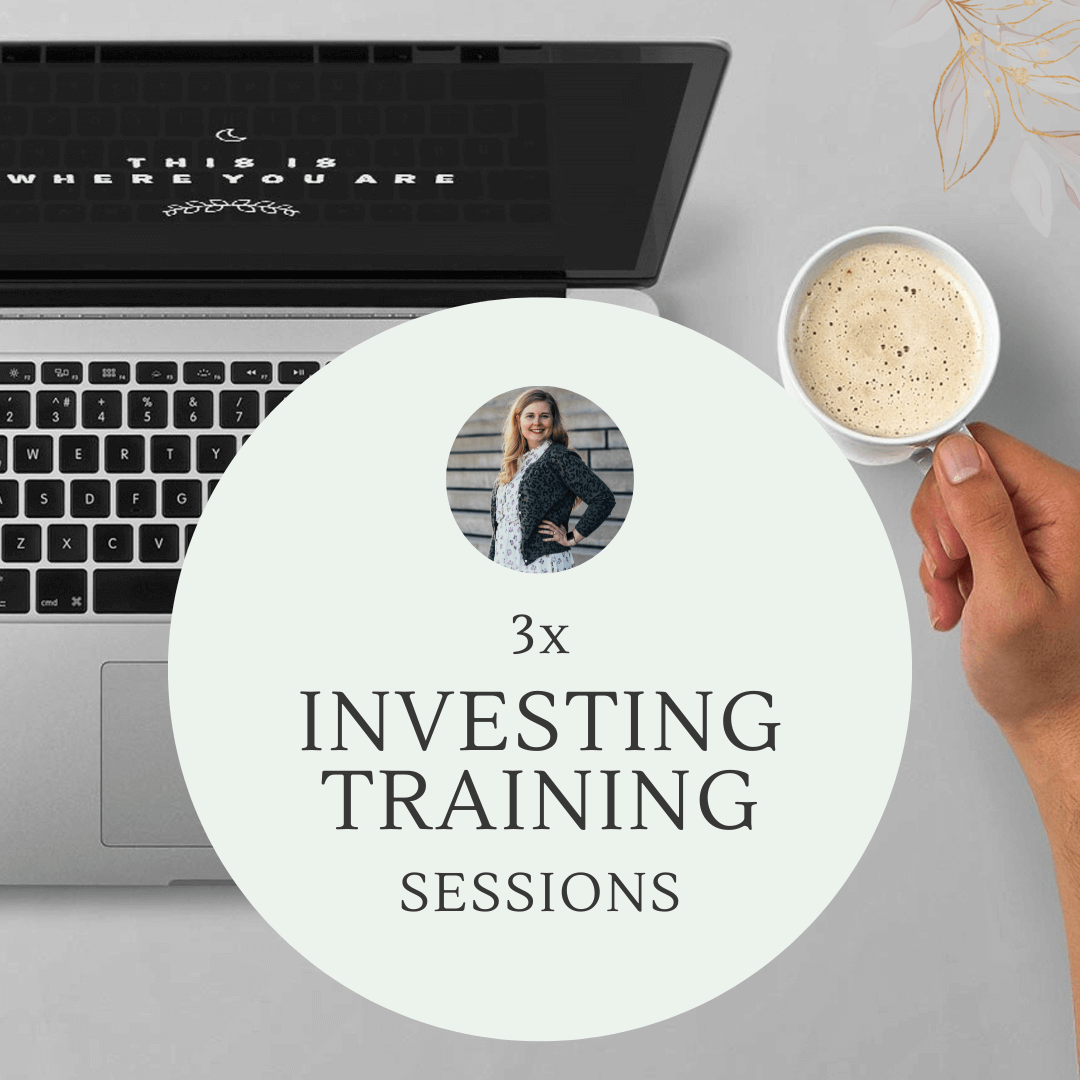When a company declares bankruptcy or transitions from public to private, it sends shockwaves through the stock market – and your portfolio feels the aftershocks. Understanding these seismic shifts is crucial for any shareholder. Read about the moves I’m contacted about from alarmed shareholders.
Facing Bankruptcy: What It Means for Shareholders

Bankruptcy can send waves of concern through the investment community. It happens when a company is out of cash and unable to meet its obligations. For some shareholders, bankruptcy is often a surprise, despite preceding news that may have hinted at financial distress.
What does this mean for your portfolio? Post-bankruptcy, your stocks will still exist with your broker but might not hold value. And the resolution process is lengthy, particularly if litigation is involved. Watch out for possible holding fees that brokers charge for maintaining these stocks. It’s not only painful to hold the stock but to pay a high fee year after year.
Protect your investments by understanding key financial indicators like long-term debt and EPS (earnings per share). Aim for a low debt ratio and a positive EPS. Interested in learning more? I offer personalized guidance on what to watch for – schedule a free session to discover which of my investment programs fits your needs.
Transition from Public to Private
A publicly traded company may transition to private ownership, meaning its stocks are no longer available on the open market. This can occur through share buybacks, acquisitions, or mergers. Shareholder outcomes vary – some may benefit, while others might not recover their initial investment.
Sometimes transitions to private ownership are a good deal for shareholders like when Elon bough Twitter (now X) at $54.20 per share. At other times it’s a bad deal for the shareholders. Because that’s when the price shareholders are offered is below the current price of the stock.
Recently Elon Musk gave his employees in X the rights to buy stocks valuation the company at $19 billion, a 55 percent drop from the 44b as he bought Twitter for.
Navigating Company Mergers
Mergers can transform your investment overnight. You may be offered cash, stock in the new company, or a mix of both. Your broker will prompt you to decide.
In both scenarios, informed decision-making is key. Financial education empowers you to make strategic choices. Should you opt for new shares, or take the cash and seek better investment opportunities?
Remember, sound investment strategies are rooted in understanding and knowledge. My programs are designed to equip you with the skills to assess these events so you can make informed decisions. Ready to take control of your financial future? Let’s connect and explore how to turn challenges into opportunities.




0 Comments